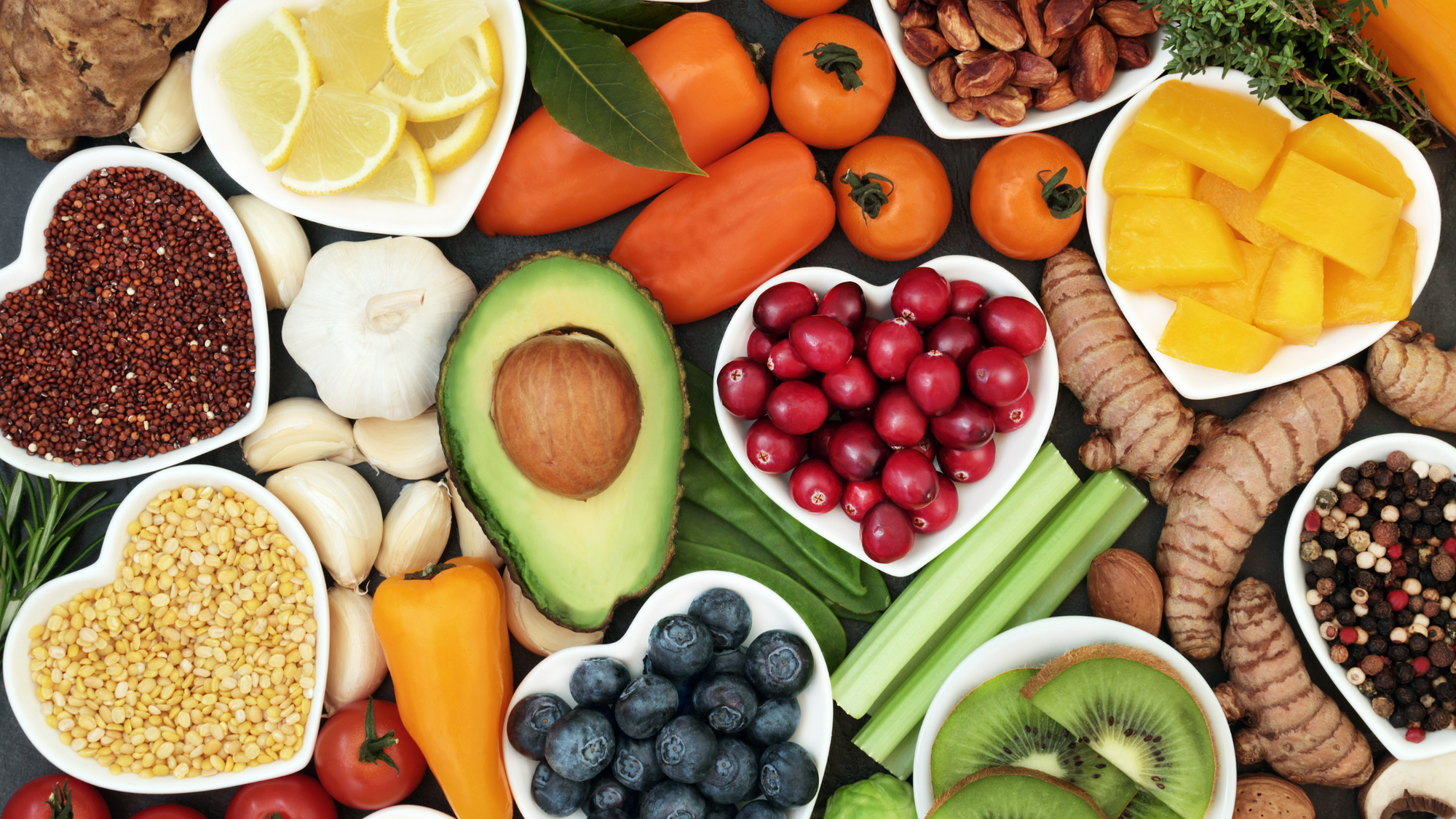
· By Sophie Strommen
Vegan Supplement Guide
Veganism is a lifestyle where one abstains from using animal products, this relates to cosmetics, clothing, the foods we eat and more! A vegan diet is plant-based, and excludes any animal products such as meat, dairy, eggs, and even honey! Because of this, there are certain nutrients that can be more challenging to get enough of on a vegan diet. Let’s have a look at some of ‘em!
Vitamin B12
Vitamin B12 is found in meats and other animal products. In plant based foods, vitamin B12 is often added to certain foods like plant milks, cereals, and nutritional yeast. Low levels of B12 can lead to B12 deficiency anaemia, which can cause symptoms such as fatigue, weak muscles, nausea, increased heart rate… the list goes on. It is therefore vital to get adequate amounts of this nutrient through diet - if you don’t regularly consume foods that contain B12, you can take a supplement to help avoid deficiency!

Protein
“Where do you get your protein?” is a question that vegans often get asked, and the answer is actually pretty simple: beans, legumes, soya products like tofu or tempeh, meat replacements… Vegans do not need to supplement protein to get adequate amounts. However, plant foods on their own are generally incomplete proteins, meaning they don't contain all 9 essential amino acids. Some complete plant protein sources include soy products, quinoa and chia seeds to name a few, and combining certain foods such as rice and beans can create a complete protein. Plants are still relatively low in protein per calorie, and if you have higher protein requirements, a plant based protein powder can be a useful addition to your diet to help hit those protein goals!
Creatine
Creatine is commonly known as a popular supplement in muscle building. Only small amounts are found in animal foods, and it is not found in plant based foods at all. Creatine is not necessarily essential to supplement as it is produced in the liver, however vegetarians have been found to have lower creatine levels than non-veggies anyway, presumably due to the absence of meat from their diet. Creatine is important in brain and muscle function, so it could be beneficial to take a supplement if you are plant based, especially if you are weight training as it could help increase muscle mass and improve high intensity exercise performance!

DHA
DHA is an omega 3 polyunsaturated fatty acid. Although Omega 3’s are found in plant foods such as nuts and seeds, this is in the form of ALA, which has to be converted to DHA in the body. The conversion rate is very poor, making it difficult for vegans to obtain adequate amounts of DHA from diet alone. Algal oil and spirulina are plant based sources of DHA, and can help increase DHA status in combination with ALA rich foods such as chia seeds, walnuts, hemp seeds, and flaxseeds!
Vitamin D
There are few dietary sources of vitamin D; animal foods such as fatty fish, eggs, and dairy products contain vitamin D3, whereas plant based foods such as Mushrooms contain vitamin D2 - which is a less bioavailable form of vitamin D3. The skin can produce some vitamin D when exposed to sunlight, but it is still recommended to supplement especially during autumn and winter! Vitamin D3 found in supplements is often derived from sheep's wool, and is therefore not vegan, so it is important to check that your vitamin D3 is in fact vegan. Our vegan D3 supplement is derived from lichen - which is an algae or fungus that grows on rocks and trees - how cool is that?!

Iodine
Iodine is essential for healthy thyroid function. Dairy and seafood are major sources of iodine, whereas sea vegetables such as nori and kelp, fortified plant milks, or even iodised salt are plant based sources. If you don't regularly consume these foods, you may need an iodine supplement, but it’s always good to check with your GP first, as iodine is a nutrient you don't want to consume excessive amounts of either!
Iron
Iron can be found in plants in the form of non-heme iron, and in animal products in the form of heme iron. Non-heme iron is less bioavailable than heme iron, which can make it difficult for vegans to get enough of it. Anti-nutrients such as phytates and tannins found in plant foods makes it even more difficult for the body to absorb sufficient amounts of iron - however soaking or boiling can help reduce the amount of phytates, and it can also help to avoid having your meals alongside teas and coffees that contain tannins. You can also increase absorption of iron by having it alongside a source of vitamin C - our Iron Energy Complex contains iron and vitamin C (and B12!), making it a great option for vegans!
Summary
There is no need to supplement on a vegan diet if it is balanced and well planned - except for in the case of vitamin B12. A vegan diet can provide sufficient amounts of essential nutrients, however it may be more challenging and does require some additional planning - but it is possible! It is always advised to speak with a GP or nutritionist before making any major changes to your diet to ensure that it is suitable for you.
Do you follow a vegan lifestyle? Let us know in the comments below!
Share:
2 comments
-
Can you give me advice as a vegan, on vitamin K2
Zoe White on
-
A very interesting read, thank you. As soon as I’ve finished my multivitamins, I’ll be ordering from you.
I’ve been a Vegan since October 2018 and love my lifestyle. I exercise a fair amount.
Alicia Coumbe on